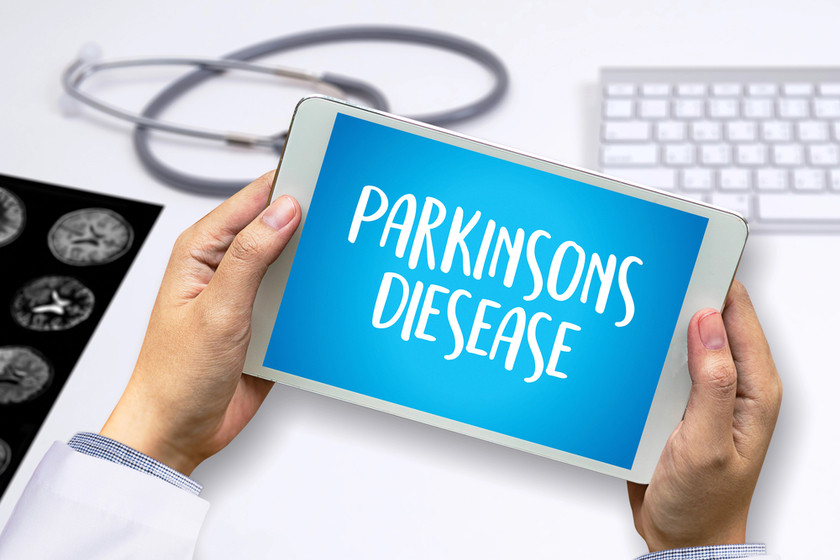Discussing neurological disorders often brings ALS (Amyotrophic Lateral Sclerosis) and Parkinson’s disease into focus. Each affects the nervous system significantly yet differs in their manifestations, disease progression, and treatment approaches. Recognizing these distinctions is essential for affected individuals, their loved ones, and their caregivers, providing a clearer understanding of expectations and care strategies.
Insights into ALS
Amyotrophic Lateral Sclerosis (ALS) is a progressive disease that deteriorates nerve cells in the brain and spinal cord. It primarily targets motor neurons, crucial for muscle movement control. As these neurons degenerate, patients experience muscle weakening, twitching, and a loss of muscle control. Unlike Parkinson’s, ALS typically does not affect cognitive abilities or sensory functions.
The exact causes of ALS remain unclear, involving potential genetic and environmental factors. There is currently no cure, with treatment efforts focusing on slowing its progression and alleviating symptoms to enhance life quality.
An Overview of Parkinson’s Disease
Parkinson’s disease progressively impairs the motor system, characterized by symptoms such as tremors, stiffness, and slowed movements. It can also lead to cognitive decline, affecting memory and problem-solving skills as it advances.
This condition stems from the loss of neurons in the brain’s substantia nigra, which produce dopamine—a crucial neurotransmitter for movement and coordination. Treatments for Parkinson’s often include medications that increase dopamine levels or imitate its effects, along with physical therapy to manage symptoms.
Distinguishing Features
The differences between ALS and Parkinson’s are pronounced in terms of affected regions, symptoms, and progression rates. ALS rapidly progresses, impacting voluntary muscle movement, whereas Parkinson’s typically progresses more slowly and affects automatic movements like blinking and walking.
Symptomatically, ALS does not usually impact cognitive functions initially, whereas Parkinson’s may cause cognitive issues earlier. ALS affects both upper and lower motor neurons, leading to symptoms like muscle weakness and paralysis. Conversely, Parkinson’s primarily causes tremors, rigidity, and slow movements without the muscle weakness seen in ALS.
Diagnostic and Management Strategies
Diagnosing ALS generally involves excluding other conditions that mimic its symptoms through tests such as EMG, nerve conduction studies, and MRI scans. For Parkinson’s, diagnosis often relies on medical history, neurological examinations, and possibly a dopamine transporter scan.
Managing ALS focuses on preserving mobility and functionality through physical and speech therapies and various adaptive devices. Parkinson’s management typically combines medication, lifestyle adjustments, and physical therapy to maintain independence and manage symptoms.
Coping with ALS or Parkinson’s
Adjusting to life with ALS or Parkinson’s involves significant lifestyle changes and coping strategies. Seniors and caregivers must access professional medical advice, psychological support, and community support groups to navigate the emotional and physical challenges posed by these diseases. Both conditions require compassionate care and a supportive community to offer encouragement and reassurance.
While ALS and Parkinson’s disease might seem similar to neurological disorders, they differ significantly in their impact, symptoms, progression, and management. Understanding these differences enables patients and their families to better prepare and manage these challenging conditions. With ongoing advancements in treatments and support, the quality of life for those affected continues to improve.
At our Memory Care community, we are dedicated to providing comprehensive support and tailored care that meets the unique needs of each resident, including those living with ALS and Parkinson’s disease. Our experienced team works closely with families to create a nurturing and safe environment that enhances comfort and promotes better management of these conditions.
We invite you to contact us if you or your loved ones could benefit from our services. We are here to help and provide the support you need.





